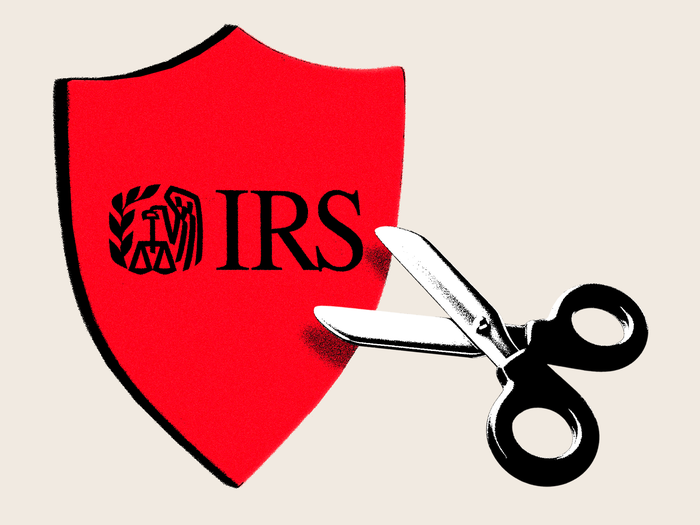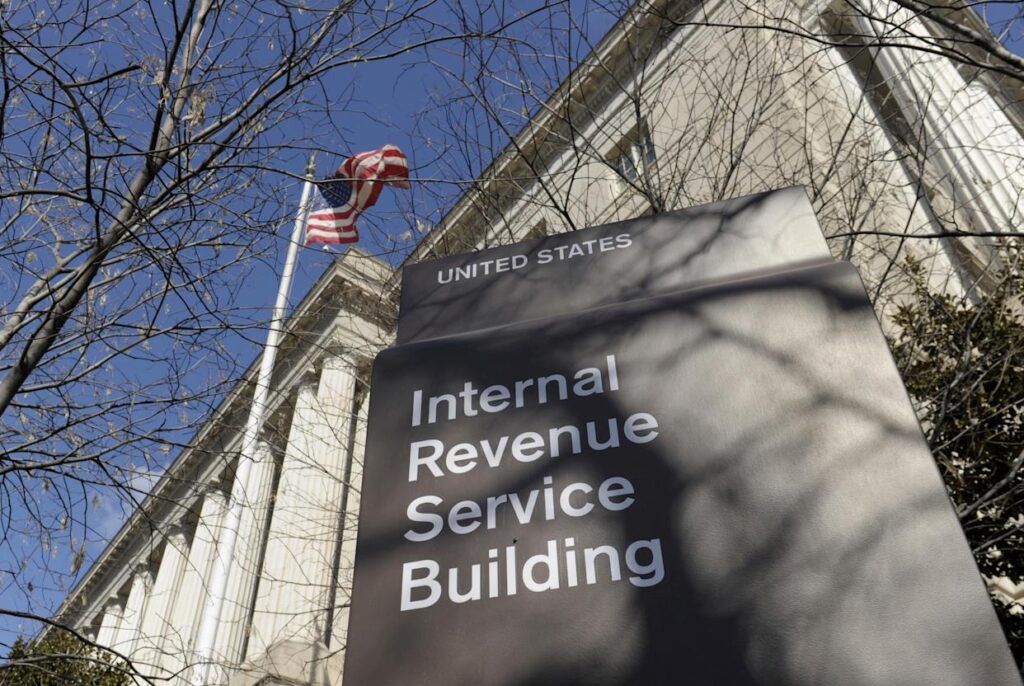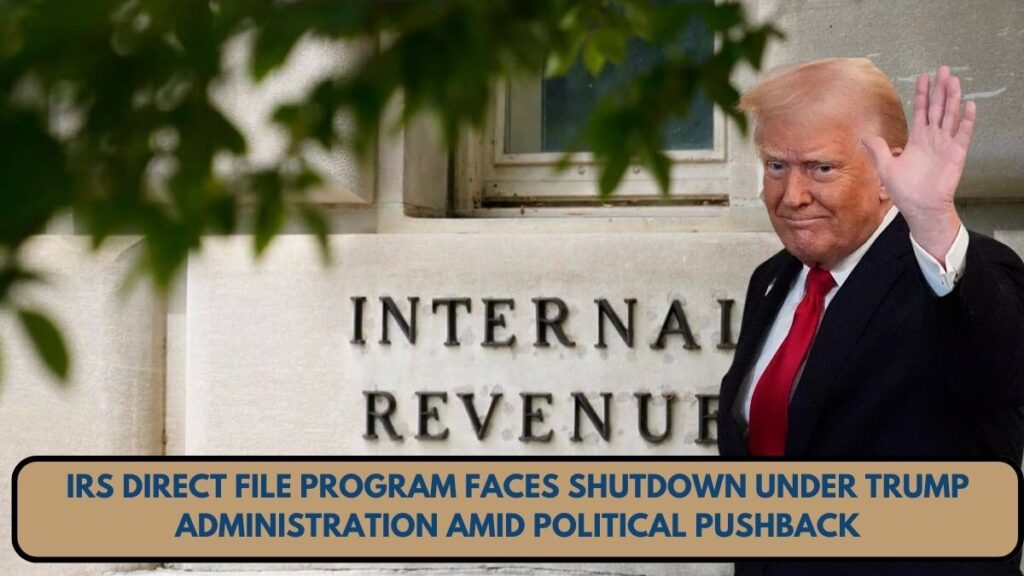The IRS Direct File program—a free government-run tax filing service launched during the Biden administration—is now at risk of being shut down, as the Trump administration moves to eliminate what it deems a redundant and costly initiative.
Introduced as part of the Biden-era Inflation Reduction Act, the IRS Direct File system was designed to make tax filing more accessible and affordable by offering a streamlined, free digital alternative to private services like TurboTax.
Now, just a year after its pilot rollout, the program is facing heavy opposition from Republican lawmakers and private sector lobbyists—signaling a significant rollback of recent efforts to modernize the nation’s tax filing infrastructure.

What Is the IRS Direct File Program?
The Direct File tool was created to address long-standing complaints that Americans are often forced to pay to file taxes—even when they qualify for free filing. The program aimed to cut through the red tape by offering a user-friendly, no-cost way for eligible taxpayers to file their federal returns directly with the IRS.
In its 2024 pilot phase, Direct File was tested in 12 states, including Texas, California, and New York. According to the IRS, over 140,000 taxpayers filed using the program, with hundreds of thousands more logging in to explore the platform.
IRS Commissioner Danny Werfel called the pilot a success, noting its simplicity and high satisfaction ratings.
Why Is It Being Shut Down?
The program has become a political lightning rod in 2025. Republican lawmakers have introduced legislation that would block the IRS from continuing Direct File or developing a successor.
Among the most vocal critics are Rep. Adrian Smith (R-NE) and Rep. Chuck Edwards (R-NC). Both lawmakers argue that the program is redundant and that taxpayer dollars should not be used to compete with private businesses.
At the heart of the criticism:
- The program allegedly duplicates services already available through Free File Alliance, a public-private partnership.
- Concerns that it represents government overreach into a functioning private marketplace.
- Claims that the IRS should focus on enforcement and audits rather than tech development.
Their bill seeks to prohibit the Treasury Department from allocating funds to any future IRS-run filing system.
Private Sector Lobbying and Influence
The tax preparation industry, particularly giants like Intuit (makers of TurboTax), has long opposed the idea of a government-backed free filing system.
These companies argue that they already provide free filing options to low-income taxpayers through the IRS Free File Program, although critics say these tools are often hard to access and riddled with upsells.
In recent years, ProPublica and other watchdogs have published reports highlighting how private firms have actively worked to stymie IRS efforts to develop an independent platform. The Direct File shutdown is being hailed by some of these firms as a win for market freedom.
What Happens Next?
The Trump administration’s Department of Government Efficiency (DOGE), reportedly headed by Elon Musk, has also been pushing to cut back on what it considers bloated or unnecessary federal programs—including Direct File.
A final decision is pending, but unless public and congressional sentiment shifts, the program may be shelved before it can expand nationwide.
Meanwhile, taxpayer advocacy groups like Public Citizen and Americans for Tax Fairness have urged Congress to keep the tool alive, calling it a crucial resource for tax equity.

What Does It Mean for Taxpayers?
For now, nothing changes for taxpayers preparing their 2025 returns. However, if Direct File is scrapped:
- Millions may lose access to a truly free and transparent tax filing option.
- Those who rely on paid software may again face fees for even the simplest tax filings.
- The IRS may be forced to return to reliance on industry partners, limiting future reform efforts.
In a country where the average taxpayer spends over $140 annually on tax prep, according to The Tax Policy Center, Direct File was a rare government effort to reduce costs and complexity.
Final Thoughts
The move to end IRS Direct File under the Trump administration marks a significant shift in U.S. tax policy—prioritizing private sector solutions over public access. Whether this will improve or hinder the experience for everyday Americans remains to be seen.
For more updates, visit the IRS newsroom or track the bill at Congress.gov.
This article has been carefully fact-checked by our editorial team to ensure accuracy and eliminate any misleading information. We are committed to maintaining the highest standards of integrity in our content.

Himanshu Sharma writes for Weekend Spy, focusing on recruitment, government schemes, and current affairs. He is dedicated to making complex information accessible to readers.
Himanshu enjoys playing chess, hiking, and trying new recipes, always seeking ways to combine his love for writing with his passion for exploration. Connect with Drop him an email at [email protected].







